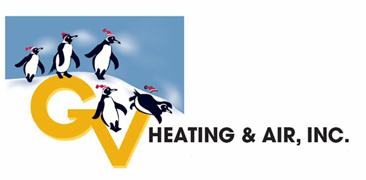Many people only call for air conditioning repair when their system totally fails. However, the fact is your air conditioner will often show signs of trouble before a total breakdown that results in new AC installation. Recognizing the symptoms and calling the experts at GV Heating & Air to address issues early can save you from the hassle and expense of a full AC system failure. More importantly, it can stop you from having to endure the discomfort of having your AC stop working on a really hot day.
When you call us, our team of certified HVAC technicians will diagnose the issue, make the necessary repairs and get your AC back on track. We have a proven track record in the community and provide reliable, cost-effective AC service for our community.
Why hold off until your cooling system quits? Skip all that hassle by calling today to schedule AC repair in Crystal, MN, from GV Heating & Air.
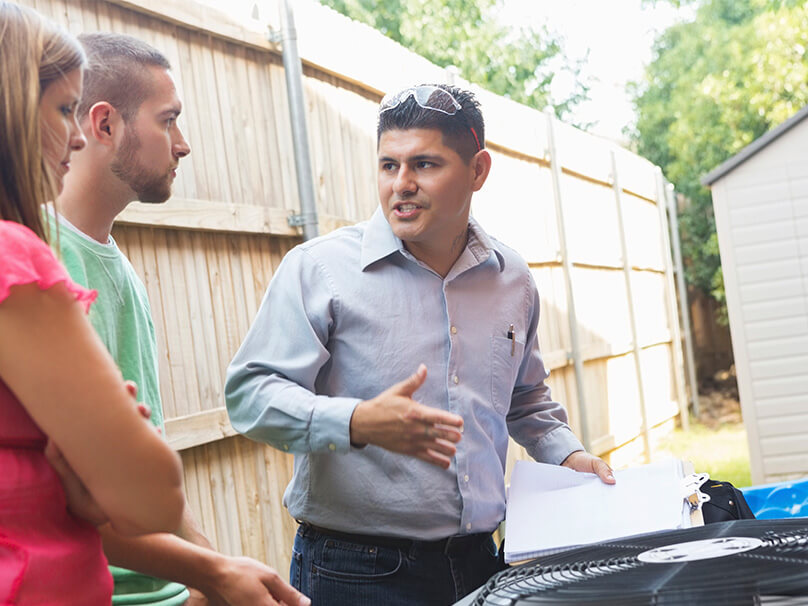
Warnings Signs You Need AC Repair
How can you tell if your air conditioner is having issues? From strange odors to a lack of cool air coming from the vents, there are many indicators that your cooling system has a problem and needs attention or service.
Here are some warning signs that trouble may be developing and it’s time to call an HVAC technician from GV Heating & Air:
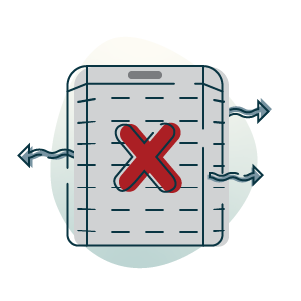
AC is blowing hot air
If warm air is coming from your AC unit instead of cool air, or if the air isn’t as cold as you’d like, it’s a wise decision to call us for professional cooling service.
Air conditioning frequently turns on and off
If your AC system starts and stops instead of completing its normal cycle, it could be a symptom of underlying trouble and should be looked at by one of our certified HVAC technicians.
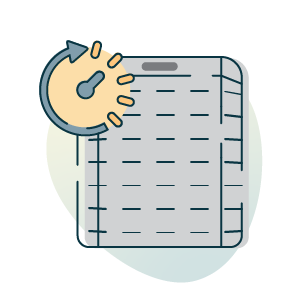
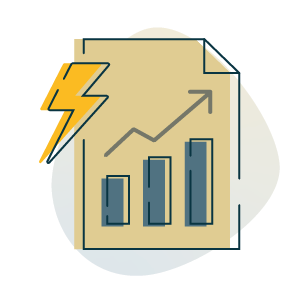
Monthly utility bills spike for seemingly no reason
A sudden spike in your energy expenses can be an indicator your AC unit is becoming less efficient, which means it uses more energy to maintain a comfortable indoor temperature and needs AC maintenance or repair.
Strange smells are coming from your air conditioning
Air conditioners aren’t supposed to smell. Weird smells coming from your air conditioning system should be evaluated by a professional, as they can be a sign of problems like mold, mildew or even electrical issues.
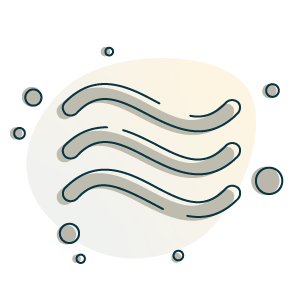
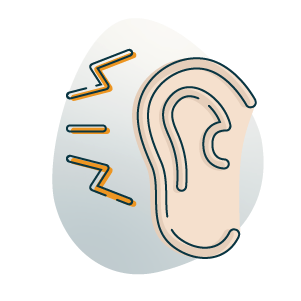
AC makes loud noises when it runs
If you hear unusual noises when your AC system is running — banging, rattling or high-pitched whining, to name just a few — it’s important to call for professional HVAC service to get to the bottom of the issue.
Request Pro Air Conditioner Repair Right Away
When you need air conditioning service without delay, reach the HVAC repair experts at GV Heating & Air. We’ll speedily confirm the trouble when your AC won’t start or give enough cool air.
